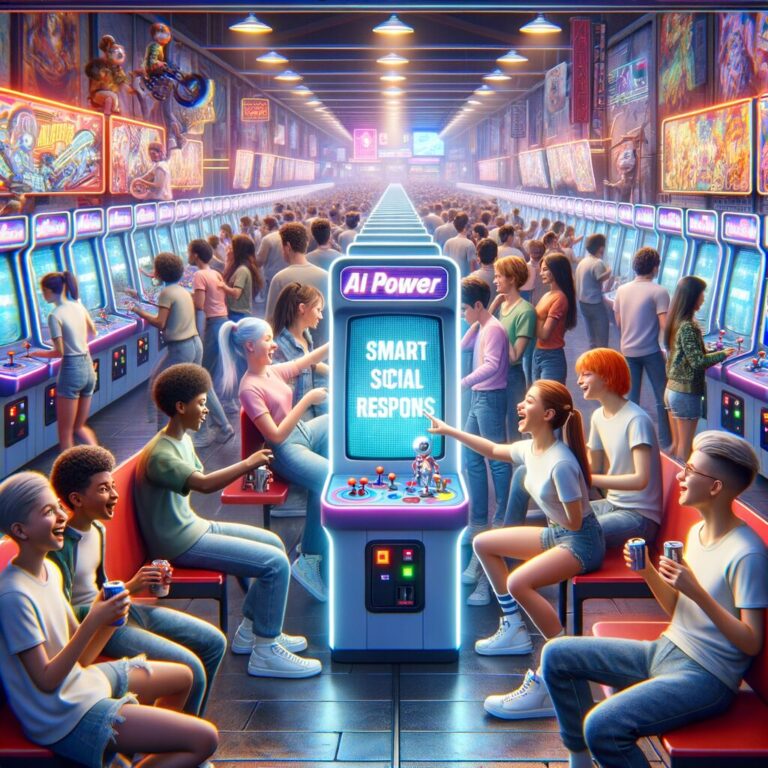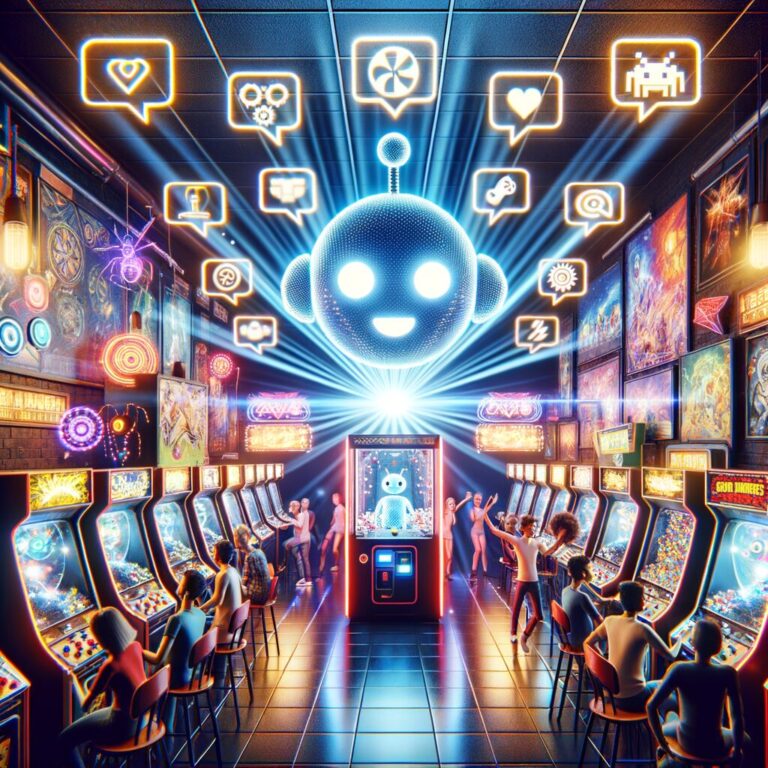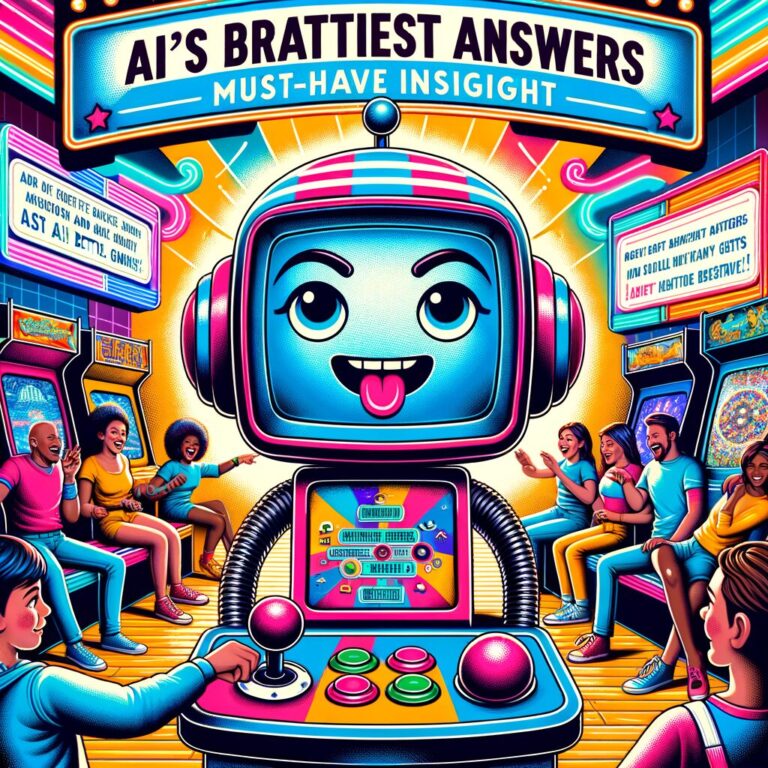Artificial intelligence (AI) has revolutionized many industries, and its impact on education is no exception. One exciting application of AI is its role in empowering young learners to excel in science projects. “AI-Powered Science Project Success for Kids” is not just a trend but a valuable tool for fostering curiosity, innovation, and critical thinking among children. By integrating AI into science projects, kids can explore complex concepts, conduct data analysis, and unleash their creativity in new ways. In this article, we will delve into the benefits of using AI in science projects for kids and how it can enhance the learning experience.
How AI Enhances Science Projects for Kids
Integrating AI into science projects opens up a world of possibilities for young learners. One of the key benefits is the ability to analyze large datasets quickly and efficiently. Children can use AI tools to process data, identify patterns, and draw insights that would be challenging to uncover manually. This not only enhances the accuracy of their findings but also introduces them to the real-world applications of data analysis and interpretation.
Fostering Creativity and Innovation
Another significant advantage of leveraging AI in science projects for kids is the boost it provides to creativity and innovation. AI can suggest new ideas, provide recommendations, and even help troubleshoot issues during the project development process. By working alongside AI technologies, children are encouraged to think outside the box, experiment with innovative solutions, and push the boundaries of their scientific exploration.
Personalized Learning Experience
AI-powered science projects also offer a personalized learning experience for kids. These technologies can adapt to each child’s unique learning style, pace, and interests, providing tailored recommendations and guidance. By catering to individual needs, AI helps students stay engaged, motivated, and invested in their scientific endeavors. This personalized approach not only boosts learning outcomes but also instills confidence and a sense of accomplishment in young learners.
Building Critical Thinking Skills
Critical thinking is a crucial skill that children develop through hands-on experimentation and problem-solving. AI-powered science projects encourage kids to think critically, analyze information, and make informed decisions based on data-driven evidence. By engaging with AI tools, students learn to evaluate different perspectives, test hypotheses, and refine their scientific methods. These experiences lay a solid foundation for developing strong analytical skills that are essential for academic success and future career prospects.
Encouraging Collaboration and Communication
Collaboration is a vital aspect of scientific research, and AI can facilitate teamwork among young learners. By using AI to communicate, share ideas, and work on projects collaboratively, kids develop essential social and communication skills. Collaborating with peers, mentors, and AI systems not only enhances the quality of their projects but also nurtures teamwork, empathy, and effective communication—a valuable asset for navigating the interconnected world of science and technology.
In conclusion, AI-powered science projects offer a host of benefits for kids, ranging from enhanced data analysis and creativity to personalized learning experiences and critical thinking skills. By integrating AI technologies into their scientific endeavors, children can explore, experiment, and innovate in ways that were previously unimaginable. As the educational landscape continues to evolve, leveraging AI in science projects can inspire the next generation of young scientists and innovators, shaping a brighter future filled with endless possibilities.






